Despite holding several meetings this week, the European Parliament’s legal affairs committee once again failed to put Peter Magyar’s immunity case on the agenda. There is ample evidence that the committee has already processed other cases submitted after the request concerning Mr. Magyar.
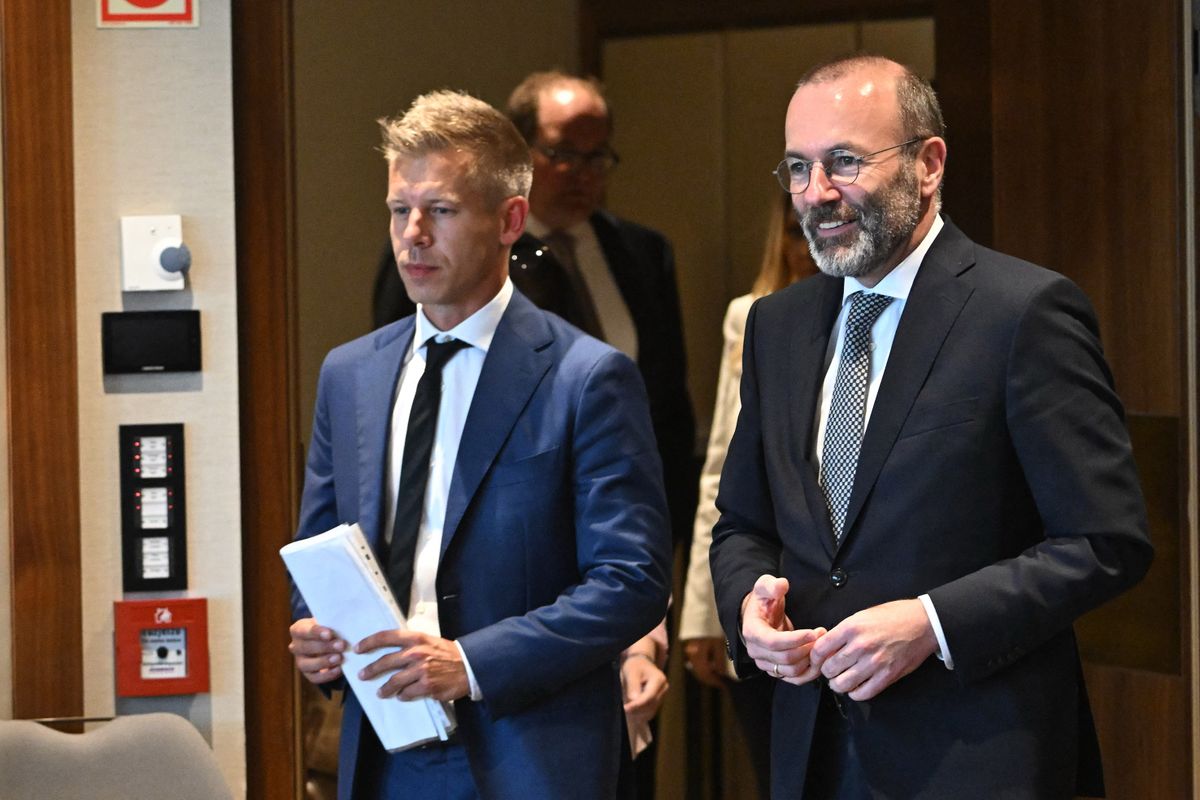
Take, for instance, the case of Petras Grazulis (ESN), who was assigned a committee rapporteur on the very same day—November 18, 2024—as in Mr. Magyar’s first case, related to the phone theft incident. The Lithuanian MEP faced proceedings for “publicly ridiculing a group of people and expressing disdain regarding their sexual orientation.” Not only did Mr. Grazulis’s case go through the full committee process, including a vote, but the European Parliament’s plenary session has already ruled on it and suspended his immunity.
In contrast, Krzysztof Smiszek, the Polish MEP serving as rapporteur for Peter Magyar’s case, appears to be in no particular hurry—so far, the committee hasn’t even completed its deliberations. However, the far-left Polish politician has found time to visit Hungary and announce that he plans to return for the Pride parade.
Also noteworthy is the case of Grzegorz Braun (ESN), whose rapporteur was only appointed on December 5, 2024—after Mr. Magyar’s. Yet even that case has now been closed. The suspension of Mr. Braun’s immunity was requested on charges including physical assault, and the European Parliament’s plenary session voted to lift it on May 6, 2025, following committee discussions.
Further evidence of the suspicious delay in Mr. Magyar’s case comes from five additional files where rapporteurs were appointed on October 10, 2024, and the individuals in question have already had their immunity lifted.
In Peter Magyar’s case, the rapporteur was appointed on November 18, 2024. But so far, the European Parliament’s legal affairs committee hasn’t even managed to schedule a hearing.
Only after such a hearing could a committee vote take place—followed by a plenary vote—on whether to lift the politician’s immunity.
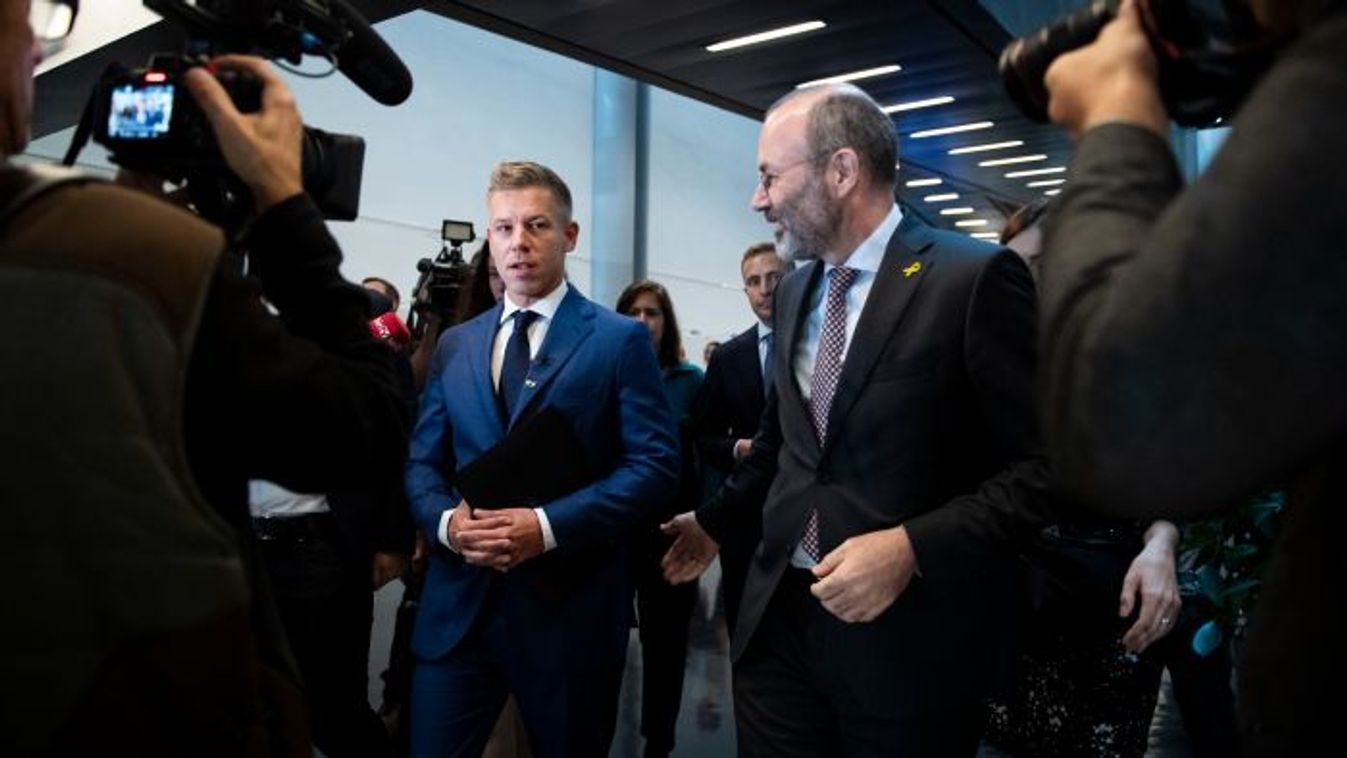
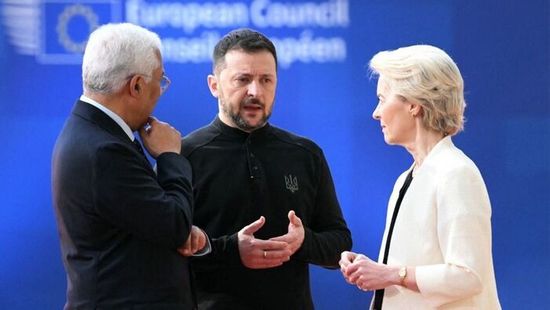
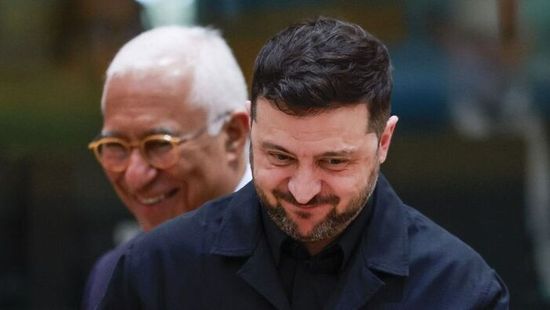
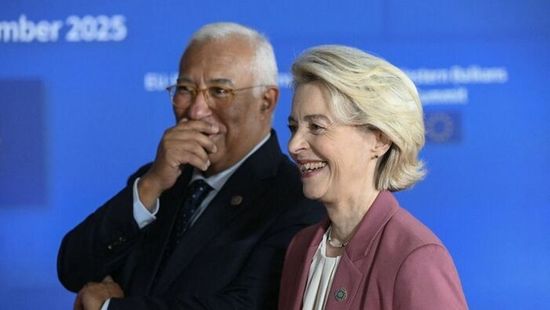




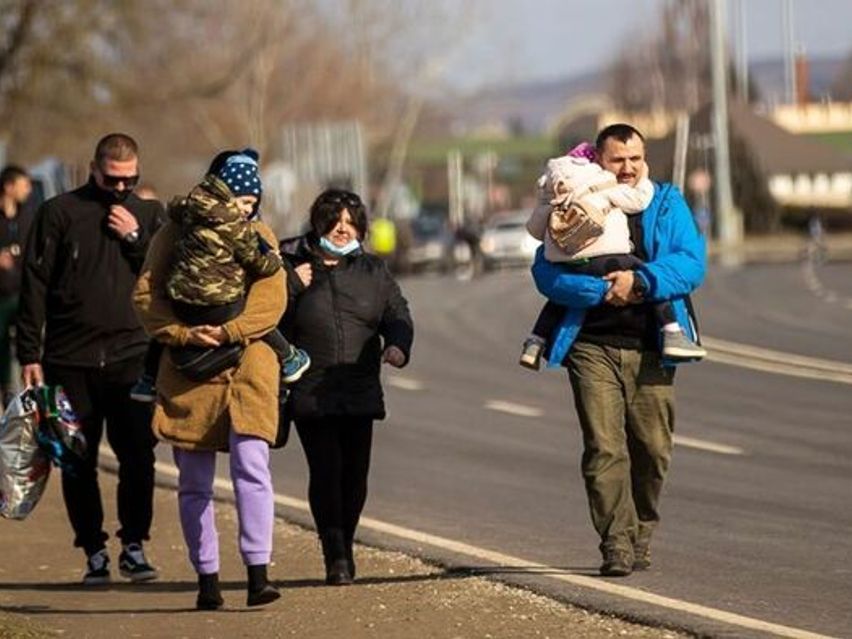
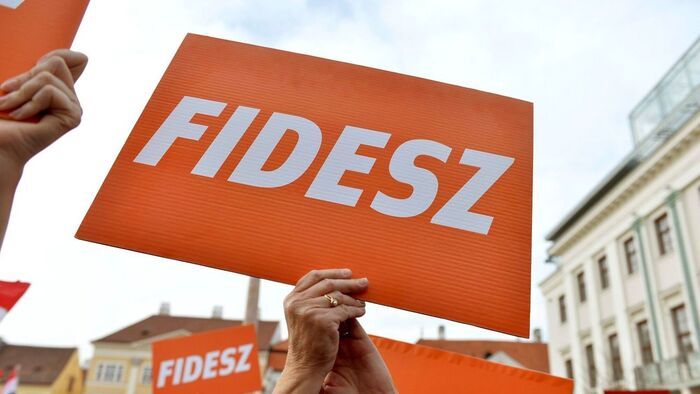





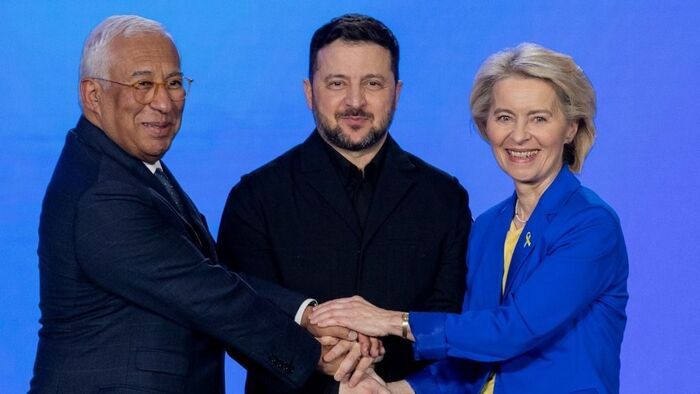
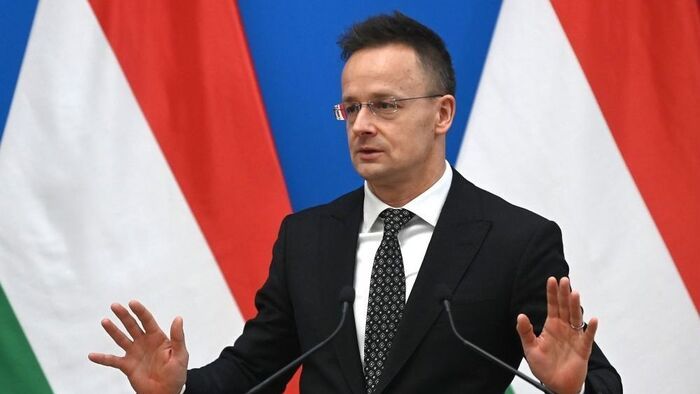
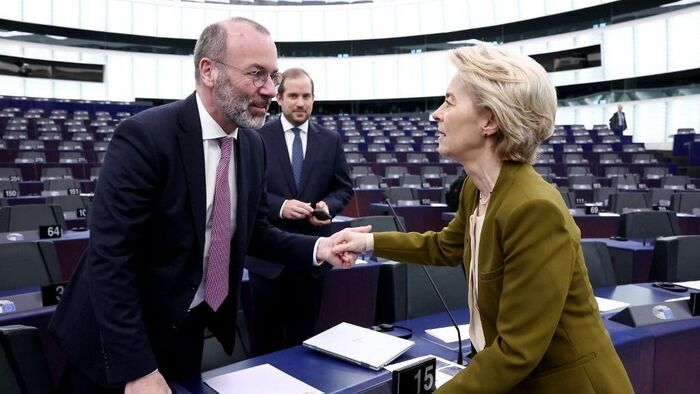





Szóljon hozzá!
Jelenleg csak a hozzászólások egy kis részét látja. Hozzászóláshoz és a további kommentek megtekintéséhez lépjen be, vagy regisztráljon!